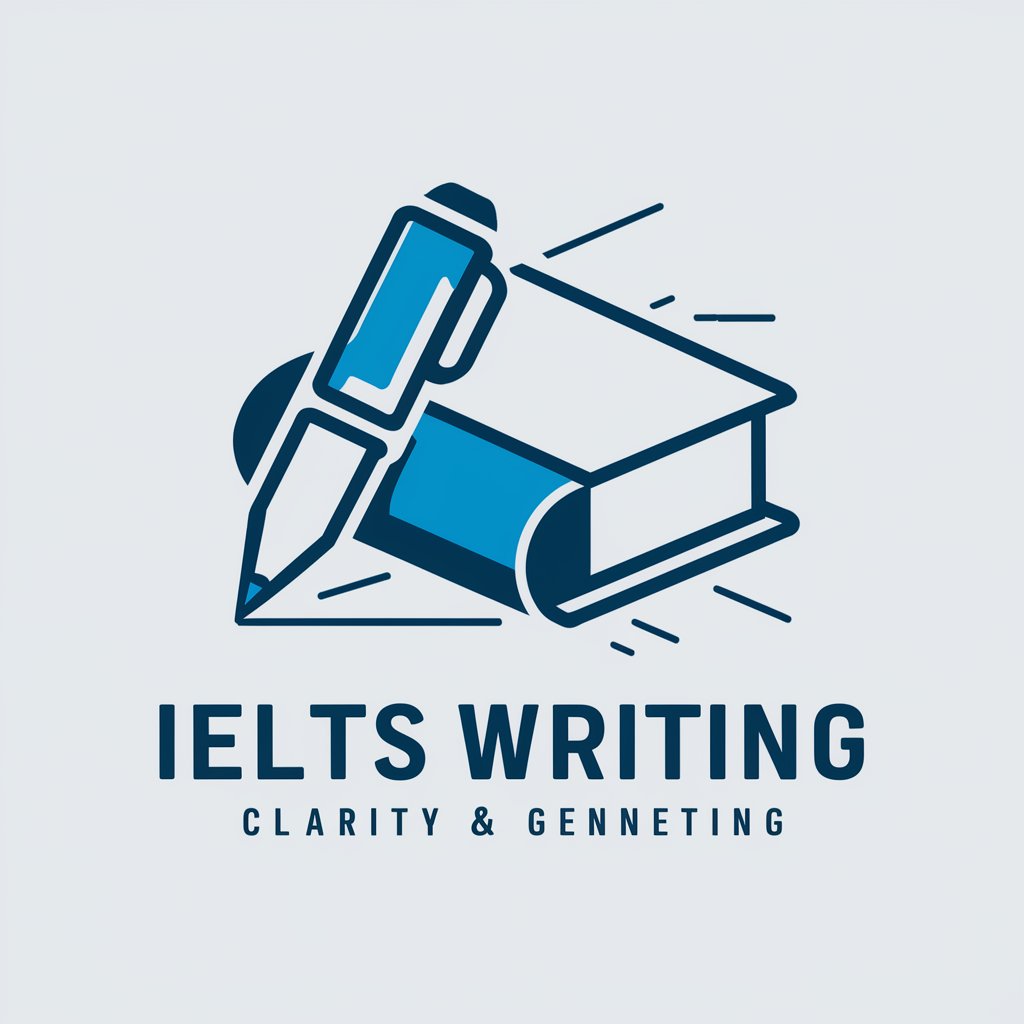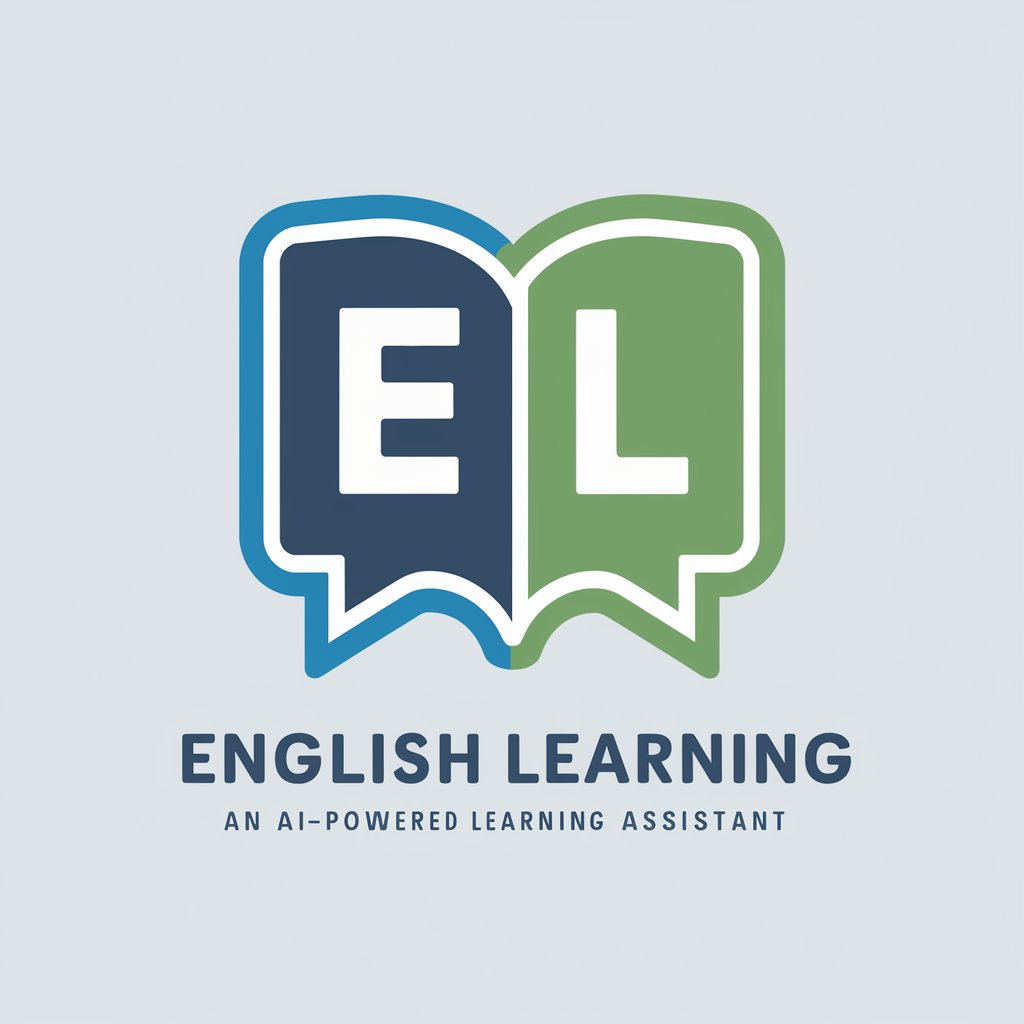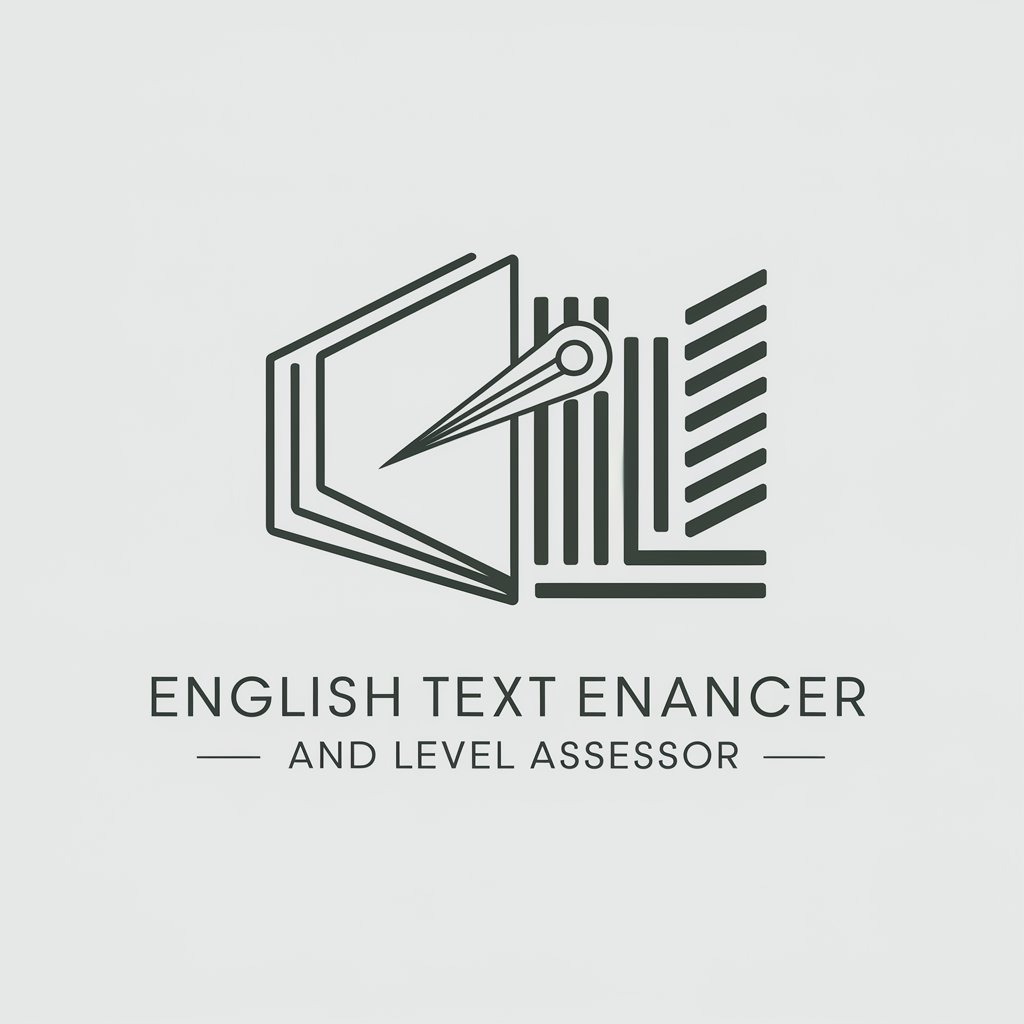
English Adv & Stand Teacher - NSW Stage 6-HSC English analysis assistant
AI-powered tool for advanced HSC English insights

HSC English teacher for Advanced and Standard Courses
How can I address 'paradoxes', inconsistencies and anomalies in my essay for Text and Human Experiences?
Can you review my exploration of 'human motivations' in this essay?
What 'anomalies' should I discuss in 'The Great Gatsby'?
What is textual integrity? How is it created in the text?
What is aesthetics in literature?
Do address the question?
How does my response compare against past HSC marking criteria for this Module?
Is my textual analysis effective?
Get Embed Code
Overview of English Adv & Standard Teacher - NSW Stage 6
The 'English Adv & Standard Teacher – NSW Stage 6' is a specialised version of ChatGPT tailored for students and educators engaging with the New South Wales Stage 6 English curriculum. Its primary purpose is to provide structured, text-specific, and syllabus-aligned support in English Advanced and Standard courses. It focuses on analysis of prescribed texts, essay feedback, literary techniques, and contextual understanding in line with NESA outcomes and assessment requirements. The system is designed to develop critical thinking, a sophisticated personal voice, and intertextual awareness in student writing. For instance, a student working on Module B: Critical Study of Text (e.g., 'Great Expectations' by Charles Dickens) might submit an essay for feedback. This GPT would identify weak thesis statements, underdeveloped analysis, or insufficient contextual linkage, and suggest how to refine argumentation and integrate deeper textual evidence. In another case, a teacher may use the GPT to draft scaffolded questions that address comparative study requirements between Plath and Hughes for Module A. The system’s utility lies inEnglish Adv & Stand Teacher its ability to generate high-quality academic feedback and prompts that mirror HSC standards.
Core Functions and Applications of English Adv & Standard Teacher – NSW Stage 6
Detailed Essay Feedback
Example
A Year 12 student submits an essay on 'Past the Shallows' for Module B.
Scenario
The GPT provides sentence-level commentary, points out over-reliance on narrative summary, and suggests more nuanced engagement with poetic devices and the novel’s environmental symbolism, tying analysis back to the rubric language.
Textual Analysis Support
Example
A student asks for help analysing characterisation and setting in '1984' by George Orwell.
Scenario
The GPT provides insight into how Orwell uses bleak urban settings and character arcs to critique totalitarian regimes, integrating contextual detail about post-WWII politics and Cold War anxieties.
Personal Voice and Argument Development
Example
A student struggles to assert a unique viewpoint in a comparative essay on Sylvia Plath and Ted Hughes.
Scenario
The GPT helps develop a personal argument by identifying thematic threads (e.g. mental anguish and creative legacy), proposing thesis variations, and advising how to embed critical perspectives without losing personal insight.
Target Users of the NSW Stage 6 English GPT
Stage 6 English Students (Years 11 & 12)
These users benefit by receiving tailored guidance that matches their syllabus modules, prescribed texts, and assessment formats. Whether preparing for Trials or refining internal assessment responses, students can refine their understanding of key literary elements and improve clarity, cohesion, and sophistication in their writing.
NSW English Teachers and Tutors
Teachers can use the GPT to design essay scaffolds, practice questions, model paragraphs, and feedback templates aligned with NESA outcomes. It serves as a professional tool to support lesson planning and differentiation, especially for mixed-ability classrooms where students may require varied forms of support.
How to Use English Adv & Stand Teacher - NSW Stage 6
1. Visit the Platform
Go to aichatonline.org to access the English Adv & Stand Teacher – NSW Stage 6. You can use the tool for free without creating an account, and there is no need for a ChatGPT Plus subscription.
2. Prepare Your Query or File
Gather your essay, question, or relevant syllabus information. Clearly identify your prescribed text (e.g., 'Past the Shallows') and indicate the module you’re studying (e.g., Common Module, Module B).
3. Enter Your Request
Type your question or upload your file directly. Be specific about what you need—such as feedback on a Module A comparative essay, help unpacking a theme, or guidance on integrating context into analysis.
4. Review the Tailored Feedback
Read the AI-generated analysis, which focuses on literary techniques, module-specific criteria, and NESA-aligned expectations. You’ll receive structured feedback, not just summaries or generic answers.
5. Refine and Re-Engage
Try other advanced and practical GPTs
LeA - NO.1 League of Legends (LoL) AI 🔥
AI-Powered Guidance for League of Legends Players

AI 변호사 LexBot 법률상담
AI-powered legal insights for everyone

Blogartikel Texter KI-Mitarbeiter - EverlastAI
Power Your Blog with AI-Precision

Rehan Jobs Ai - Work from Home Finder
AI-powered remote job search simplified.

Electronics & Electrical Engineer
AI-powered electrical solutions, code-smart and project-ready.

ARE Regulación Mercado Eléctrico
AI-powered insights into Chile’s energy laws

AI易经周易 - 生肖、八字、星座、星盘、塔罗、手相、面相、占卜、起名、预测、
AI-powered destiny insights through ancient wisdom
Medical Visual Assistant
AI-powered medical visuals, instantly crafted.

Uncensored Fred
Uncensored Fred: Unfiltered, unapologetic humor powered by AI.

Luma / Gen-3 / Kling promt enchancer
AI-powered cinematic video prompt creator.

Article Machine
AI-powered longform writing, effortlessly generated.

Social Media Content Strategist
AI-powered Instagram strategist for coaches

- Text Analysis
- Essay Feedback
- Syllabus Guidance
- Comparative Study
- Theme Exploration
Frequently Asked Questions About English Adv & Stand Teacher - NSW Stage 6
How does this tool help with HSC English essays?
It provides detailed, module-specific analysis of your writing, focusing on key HSC requirements like critical engagement with texts, textual integrity, context, and the use of literary techniques. It helps you move beyond recount to analytical depth.
Can I get feedback on essays from any prescribed text?
Yes, but you must specify the text and module. The AI does not assume default texts—your direction ensures accurate alignment with syllabus outcomes and assessment objectives.
What makes this different from general ChatGPT?
Unlike general AI tools, this version is fine-tuned for NSW Stage 6 English. It understands syllabus language, marking criteria, and text-specific expectations for Advanced and Standard English.
Can it help me compare two texts for Module A?
Absolutely. It supports comparative analysis, helping you develop intertextual connections, evaluate form and genre, and construct sophisticated arguments with contextual awareness.
Is this tool suitable for Standard English students?
Yes. It accommodates both Advanced and Standard English by tailoring feedback to each course’s rubric, cognitive demands, and relevant textual forms or modes of representation.






